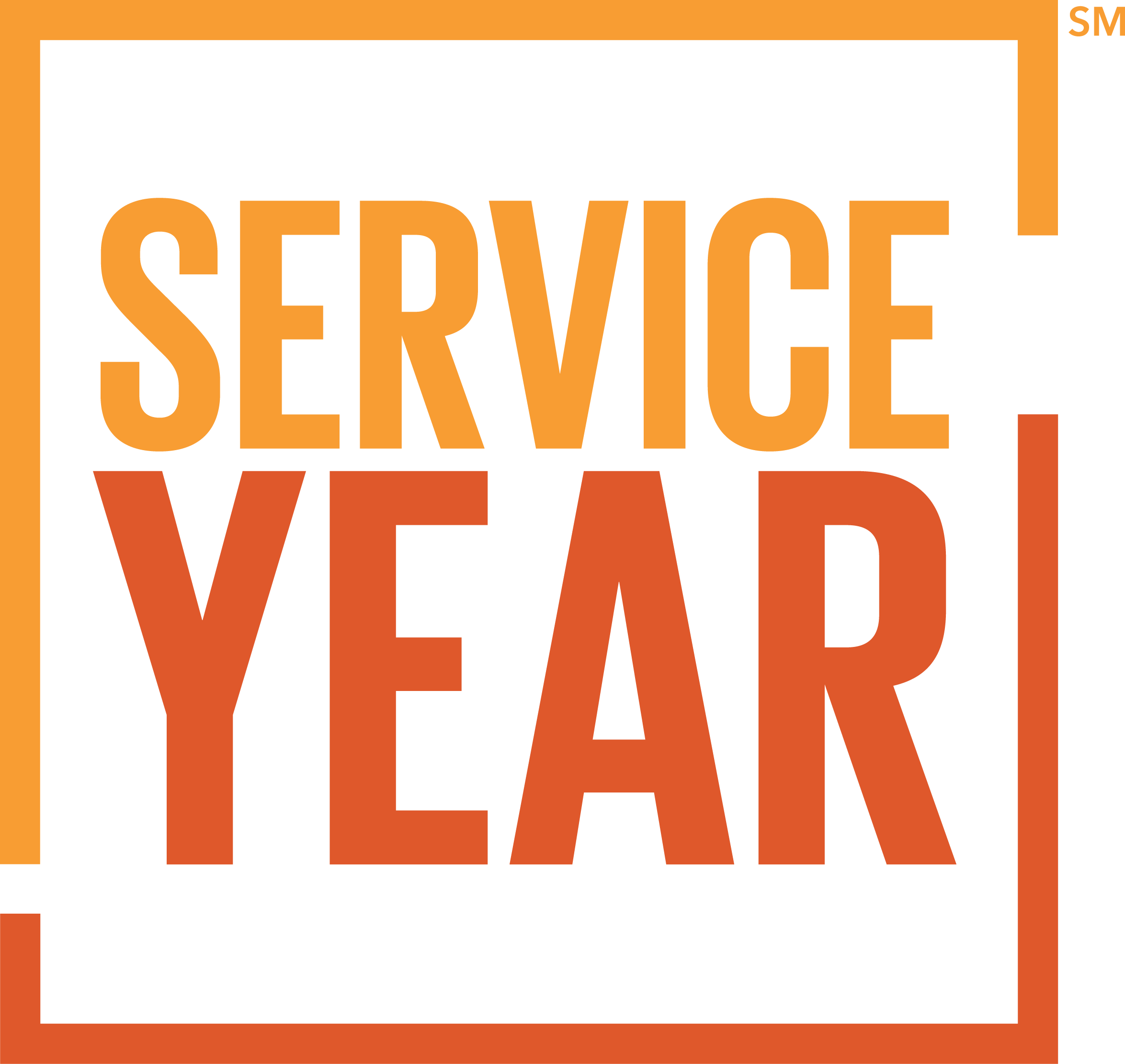How Service Years Are Changing the Lives of Young People

By:
For most students, the path from high school to a job or from college to career is fairly direct.
Few take any breaks at all, much less a year-long detour into service. This may be why:
- Half of high schoolers don't feel college or career-ready.
- Three out of four college students feel unprepared for life after graduation.
Many students are unaware of the opportunity to do a service year, which could help them feel better prepared for school or work and to find their best path forward.
A service year is a transformational experience for both the individual who serves and for the community they serve. Educators and employers alike value the skills gained during a service year, including leadership, problem solving, and ability to work in diverse teams, to name a few.
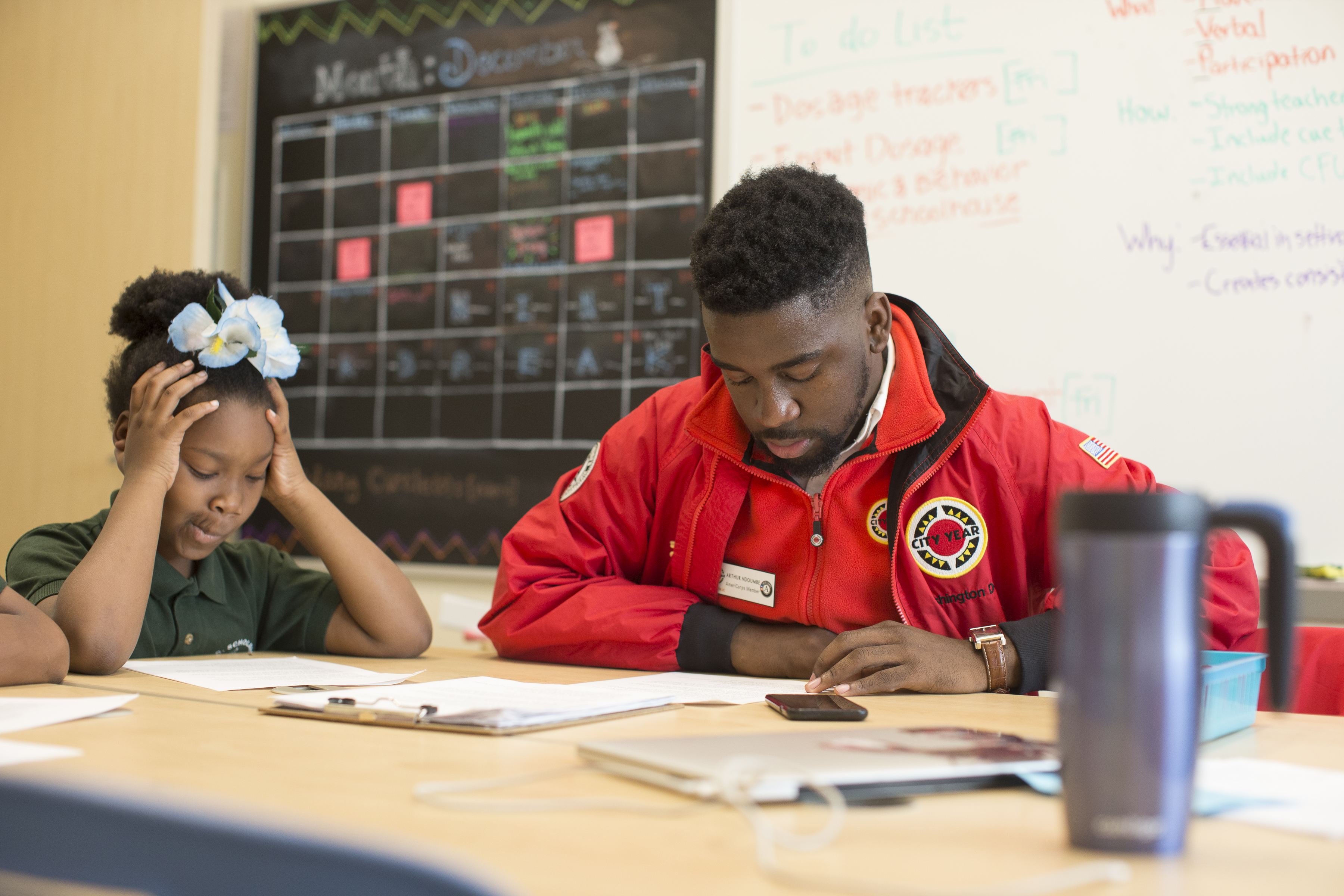 Service Year
Service Year
What's a service year?
Put simply, it's a year spent engaging in a local community and building real-world skills while focusing on an important issue, such as education, healthcare, or the environment.
The most familiar service years include AmeriCorps programs such as City Year, Habitat for Humanity and Teach for America, as well as programs like the Peace Corps and YouthBuild.
But there are hundreds of other similar programs – all of which can be found at ServiceYear.org, an online platform where individuals can search for and be matched to service year opportunities that fit their interests and experience. All service years offer a living stipend and give recent high school or college grads much-needed real-world professional experience that can help them stand out in a competitive job market. Many positions also offer education awards that can be used to pay tuition or to pay off student loans.
Service years don't just involve recent grads. Some professionals take a service year as a way to transition — whether moving from one job to another or one city to the next.
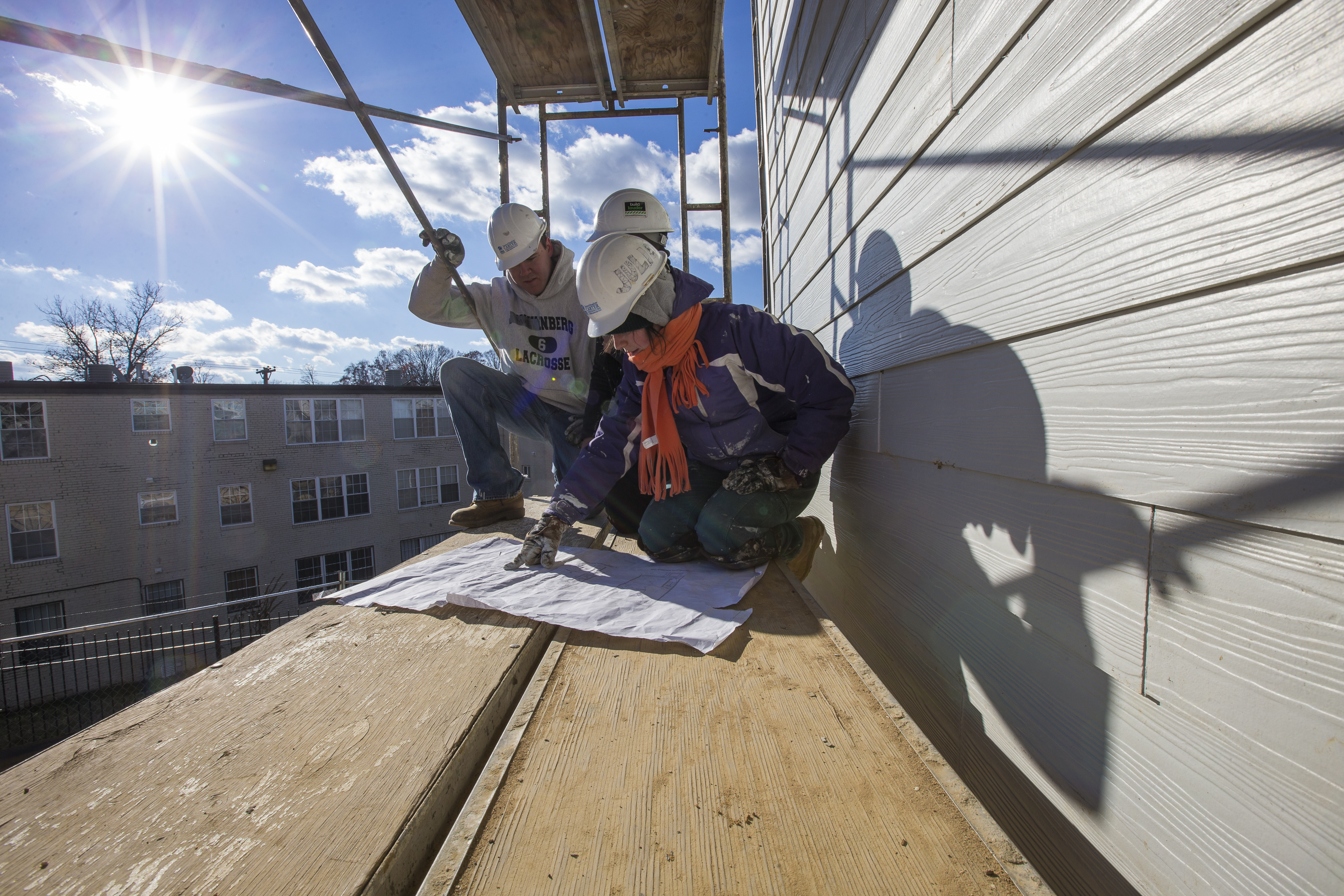 Service Year
Service Year
Why do a service year?
A service year means many things to many people.
Steven Johnson is a former gang member whose experience in the Youth Challenge Academy — a program run by the military to help troubled youths — was his entree into a life of service. He told ATTN: that he was first motivated to do a service year so that he could move out of his childhood town. "I felt like [I] had a bigger purpose," Johnson said. "I didn't want to stay within a 5-mile radius for the rest of my life. I wanted to get out there and help somebody."
Johnson would go on to complete terms with AmeriCorps and spent two years working at FEMA Corps. Now he's headed to Baton Rouge to do more service. "I guess I kind of caught the service bug," he said.
Corey Benjamin, who is finishing up his first year of medical school, said that he saw a service year as good preparation for his future as a doctor. "I wanted to do a service year in the communities I knew I would return to as a physician," he told ATTN:.
Meg Hassey said a service year was a way to get hands-on experience in her field, education. "I decided to take a year off between transferring from one college to the next to do City Year in San Jose because I felt really passionate about their mission," Hassey said. "I understood that my educational experience growing up was not the norm, and I wanted to take some time really working for a program that was committed to the same thing that I valued: educational equity."
Hassey is now a second-grade teacher at a charter school in Boston.
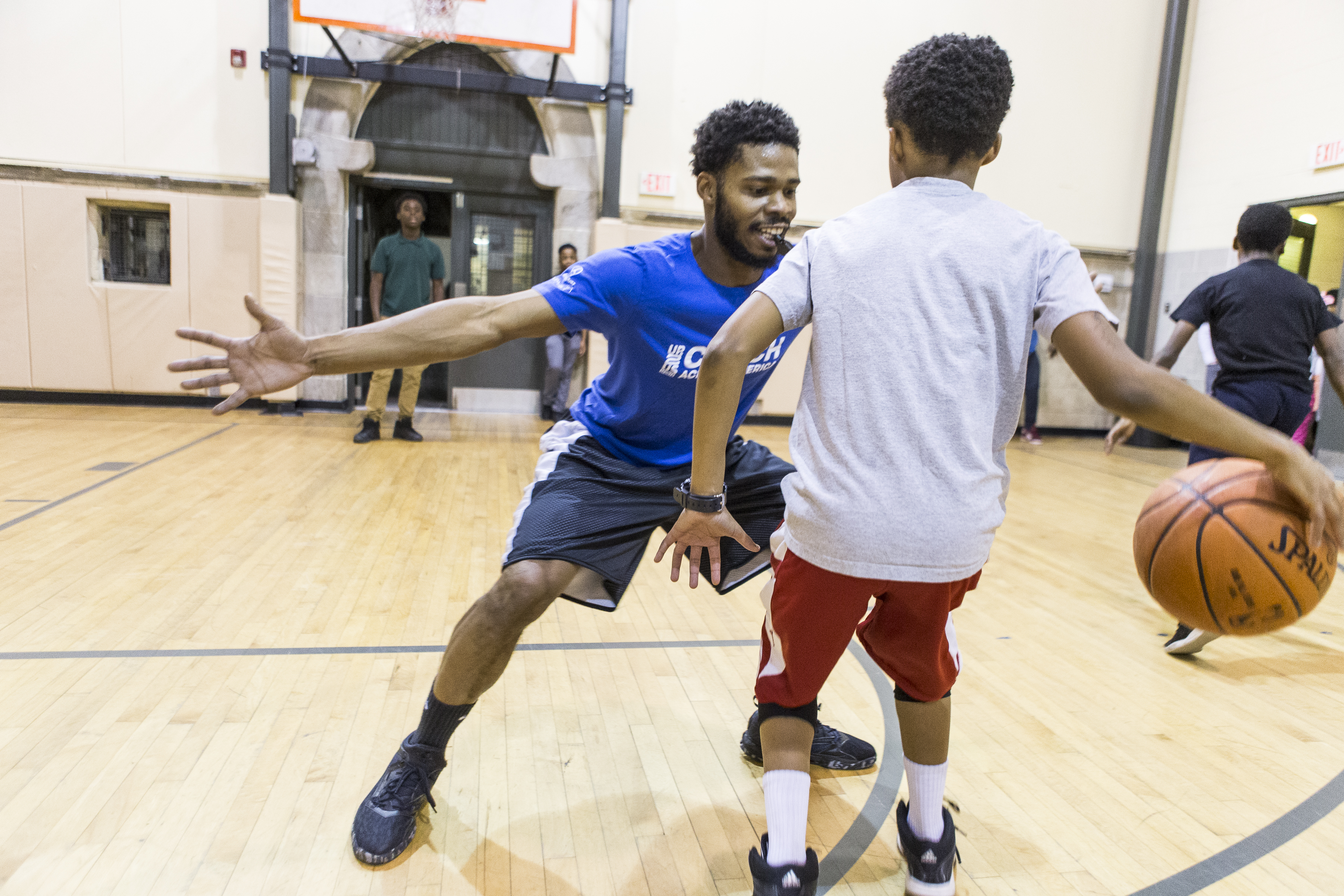 Service Year
Service Year
What do you get out of a service year?
A service year offers young people a new perspective on the world beyond their doorstep.
"The campus life can become its own bubble, with freshly cooked meals and nice dormitories and a set schedule surrounded by only those in a similar life stage to your own," Benjamin said. "Working out in the field exposed me to people and places I would have had a tough time coming across otherwise."
There are also practical reasons to engage in a service year: It can help a young person build the necessary skills to succeed in a rapidly changing employment landscape.
"I think one of the greatest takeaways was the wide variety of skills I have now," Johnson said. "I'm prepared for any job I might have. Building houses, painting, volunteer management, tutoring, creating school curriculums. My last year I was a team leader. With the variety of skills I learned in AmeriCorps, I feel like, no matter what job I'm applying to, I have something to offer that organization."
Johnson added: "You have to roll with the punches. I think that's a pretty valuable asset." This level of confidence is rare in recent grads, and employers take notice.
Hassey said her benefits were more practical. "I gained on-the-ground experience with a topic so important to me," she said. "Because I engaged in the achievement gap firsthand, I understand a lot of the challenges that our current education system faces. Because I worked in an immigrant-heavy community, I also understand a lot of the intersections between immigration and education in the United States."
And, of course, there's the satisfaction of helping others and the knowledge that you've left a community, a country, or even the world, just a little better than you found it.
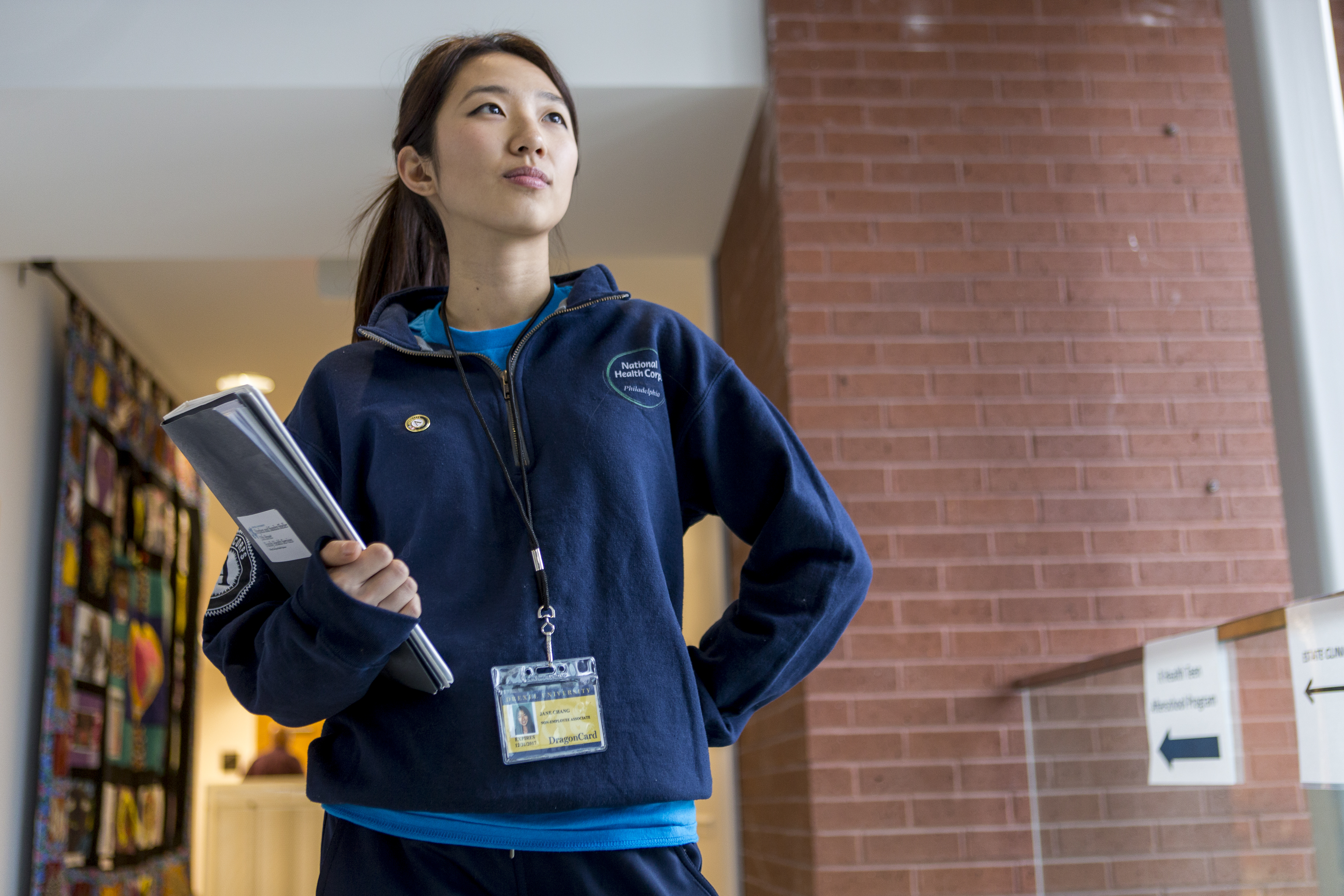 Service Year
Service Year
What's the hardest part of a service year?
Heading off to a different city alone can be daunting, and sometimes it can be hard to understand people who are different from you.
"Meeting someone from upstate New York and learning about their struggle, learning about someone from Montana and their way of doing things, … it's not something that everyone's ready to adjust to," Johnson said. "I think the hardest thing overall — and one of the greatest things — was dealing with people from all over the country and hashing out a lot of those conflicts that arise when you're around someone over a 10-month period."
Benjamin agreed. "The two biggest challenges were taking the plunge and seeing the forest among the trees," he said. "Committing to a full year of working out of your comfort zone with a diverse cohort you've never met before is no small task. It was also difficult at times to see the greater good in the work one was doing in the moment. It could seem like you weren't truly making a difference on a large scale. But the fruits of my labor were always apparent at the end, and I was able to make that large-scale impact I had doubted during the process of the work."
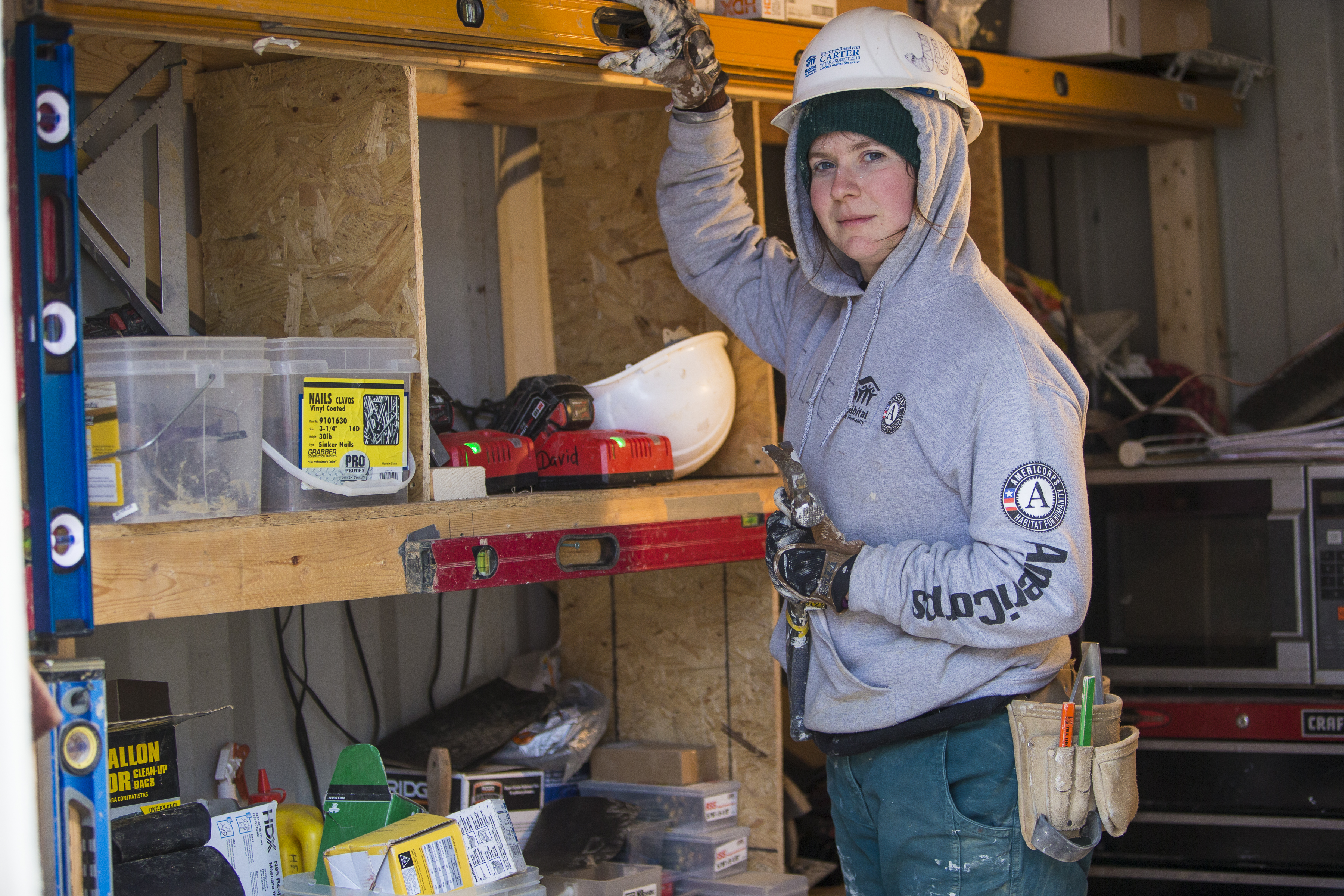 Service Year
Service Year
Participants in service year programs are glad they did it.
"You're going to have to stop on the drop of a dime and go somewhere else," Johnson said. "I was in Metairie, Louisiana, and some tornadoes happened, and we got a call that said, 'Hey, we need you in Madison, Alabama, in 18 hours.' Things like that happened to me a lot during my time serving. And while I didn't always know what I was doing, I always knew it was important."
Hassey said her experience was more than positive; it was transformational. "It was a hard experience that taught me so much, and I honestly feel like it changed my life and made me into a more aware, educated, and appreciative person," she said.
Benjamin agreed: "Without my service year, I would not be the person I am today.”
